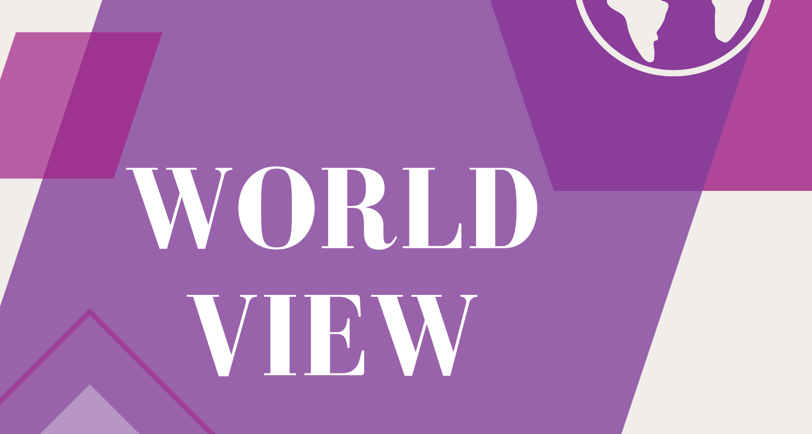Expand Your Worldview: Reading Through the Lens of Culture
In her latest blog post, Durthy Washington explores the impact of worldview on literature. Highlighting insights from Vladimir Nabokov, Toni Morrison, and Chimamanda Ngozi Adichie, Washington illustrates how an author’s unique perspective shapes their storytelling. By examining diverse worldviews, readers can deepen their understanding and appreciation of literature. Discover how connecting with different viewpoints can transform your reading experience and broaden your own worldview. Read more to enhance your literary journey today!
1/5/20252 min read


“How You See the World Matters,” proclaims the slogan for a popular travel agency which captures the essence of worldview: The author’s perception of the world from his or her unique vantage point, often expressed as “This is the way things are” or “This is the way things ought to be.”
Morrison also states, “There are stories about ordinary black life. I don’t write them.” This perspective situates her worldview in direct opposition to that of writers such as Zora Neale Hurston, Alice Walker, Ernest Gaines, and playwright August Wilson, all of whom explore “stories about ordinary black life.”
In her 2009 TED Talk, “The Danger of a Single Story,” Nigerian author Chimamanda Ngozi Adichie reflects on her worldview as a novice writer influenced by her reading of British literature:
Adichie concludes that after reading writers like Chinua Achebe and Camara Laye, her worldview shifted: “I realized that people like me, girls with skin the color of chocolate, whose kinky hair could not form ponytails, could also exist in literature.”
Clearly, connecting with a writer’s worldview can help us expand our own worldview and enhance our reading experience.
As Vladimir Nabokov points out in his Lectures on Literature: We should always remember that the work of art is invariably the creation of a new world, so that the first thing we should do is to study that new world as closely as possible, approaching it as something brand new, having no obvious connection with the worlds we already know. When this new world has been closely studied, then and only then let us examine its links with other worlds, other branches of knowledge.
In describing her worldview, Toni Morrison explains: When I view the world, perceive it and write about it, it’s the world of black people. It’s not that I won’t write about white people. I just know that when I’m trying to develop the various themes I write about, the people who best manifest these themes for me are the black people whom I invent.
